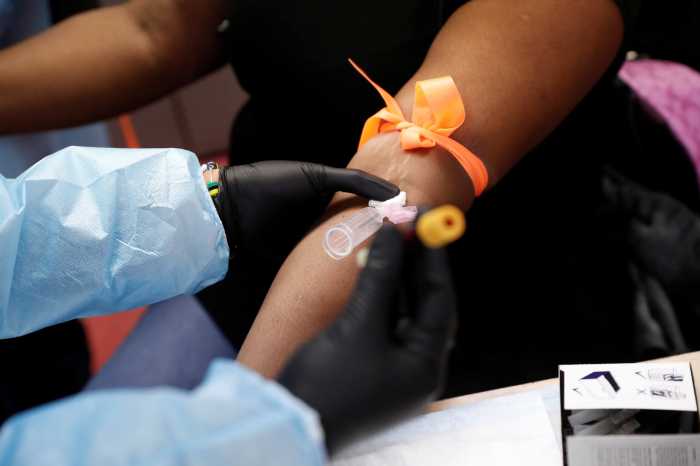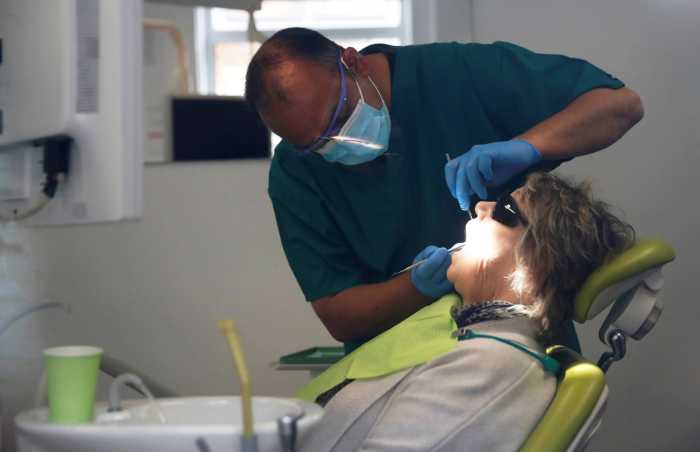The COVID-19 pandemic is causing a mental health crisis in the Americas due to heightened stress and use of drugs and alcohol during six months of lockdowns and stay-at-home measures, the World Health Organization’s regional director said on Tuesday.
The pandemic also has brought a related problem in a surge in domestic violence against women, Carissa Etienne said in a virtual briefing from the Pan American Health Organization in Washington.
“The COVID-19 pandemic has caused a mental health crisis in our region at a scale we’ve never seen before,” she said. “It is urgent that mental health support is considered a critical component of the pandemic response.”
Etienne called on governments to expand mental health services and prioritize mental health as part of their response to the pandemic.
Many people are stressed by fear of developing the severe illness caused by the novel coronavirus, while doctors, nurses and health workers are working longer hours than ever before and risking their lives in hospitals, she said.
Attention must be paid to rising domestic violence, Etienne said.
“Ongoing stay-at-home measures, coupled with the social and economic impacts of this virus, are increasing the risks of domestic violence – home is not a safe space for many,” she said.
Helpline calls have risen in Argentina, Colombia and Mexico, but the real extent of domestic violence during the COVID-19 pandemic is likely under-estimated, as survivors are stuck at home and outreach services are interrupted, Etienne said.
“With reduced contact to friends and family or barriers in access to services and shelters, we are leaving survivors with nowhere to go,” she warned.
Coronavirus cases in the Americas have reached almost 11.5 million and more than 400,000 people have died as a result of the pandemic, the WHO regional director said.
The region continues to carry the highest burden of the disease, with 64% of officially reported global deaths despite having 13% of the world’s population. The biggest drivers of the case counts are the United States and Brazil, she said.
But there are increasing cases in the Caribbean, and new infections are rising in Peru, the Dominican Republic, Jamaica, the Bahamas and Trinidad and Tobago.






























